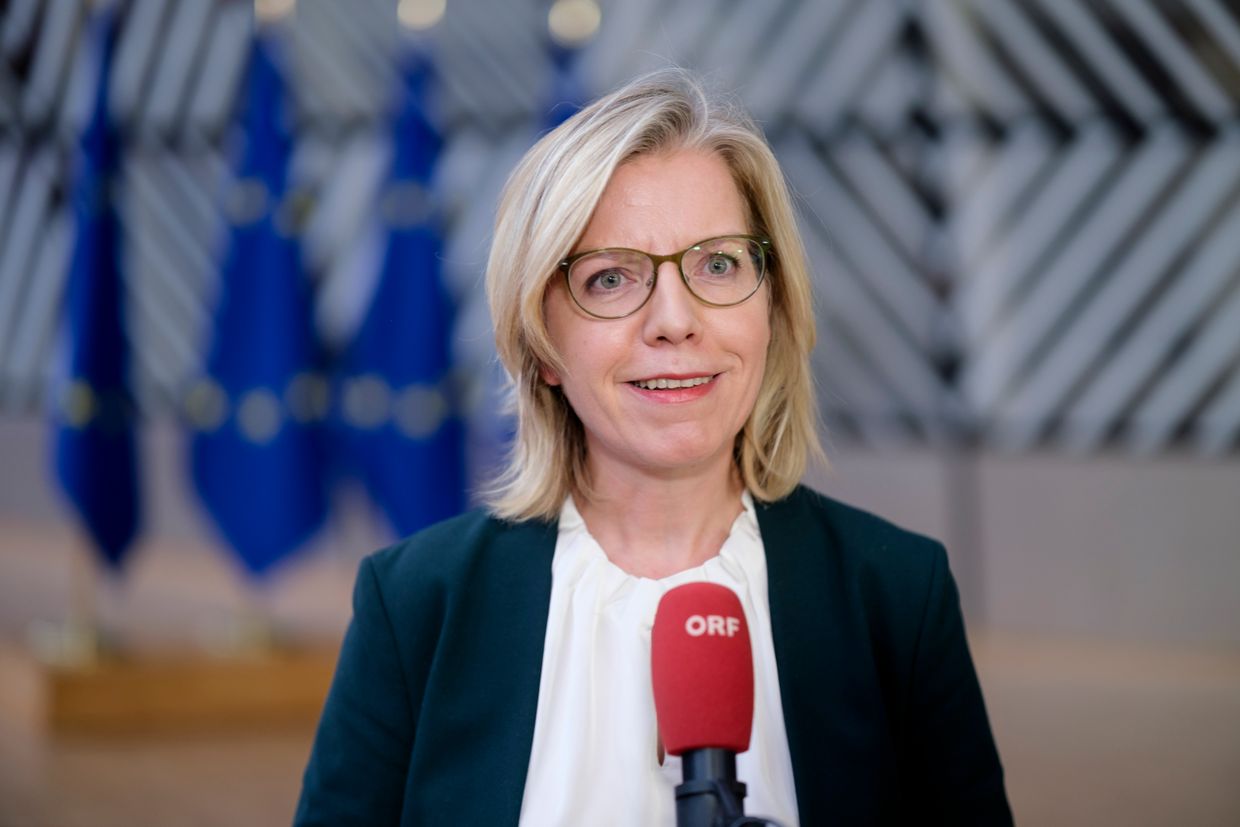EU Energy Commissioner: Gas imports from Russia fall by 71% since 2021

The European Union's gas imports from Russia have decreased by 71% since 2021, EU Energy Commissioner Kadri Simson announced on March 4, following an Energy Council meeting in Brussels.
The EU pledged to reduce its energy dependence on Russian fossil fuels after the start of the full-scale invasion of Ukraine in February 2022 and speed up the transition to green energy.
Profits from oil and gas constitute a substantial portion of Russia's economy, helping fund its war against Ukraine.
Before the full-scale invasion, Russia supplied 45% of all gas imports to the EU. This figure fell to 24% in 2022 and then 15% in 2023, Simson said.
According to Simson, the leading gas suppliers to the EU are now Norway and the U.S.
Within the EU, "gas prices have gone down significantly and are now quite stable," at around 25 euros ($27) per megawatt hour, a "level last recorded before the war started," Simson said.
The Energy Council also discussed how to reduce the imports of Russian liquefied natural gas (LNG), as proposed by Lithuania. The EU has not imposed sanctions on Russian LNG, and EU nations bought record amounts of LNG from Russia in 2023.
The EU reached a deal in December 2023 that allowed individual countries to effectively ban Russian shipments of LNG. Finland announced in January that it plans to ban imports of Russian LNG from 2025.
Some countries, such as Latvia and Lithuania, have already stopped buying LNG from Russia.
"I have repeated that we cannot afford Russia to compensate through LNG channels some of the volumes it has cut off by unilateral decisions via pipeline exports," Simson said.
"We must end this year with even less Russian gas in our system than the year before."













